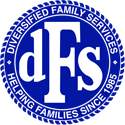Residential Habilitation Home & Lifesharing
What are Residential Habilitation Homes?
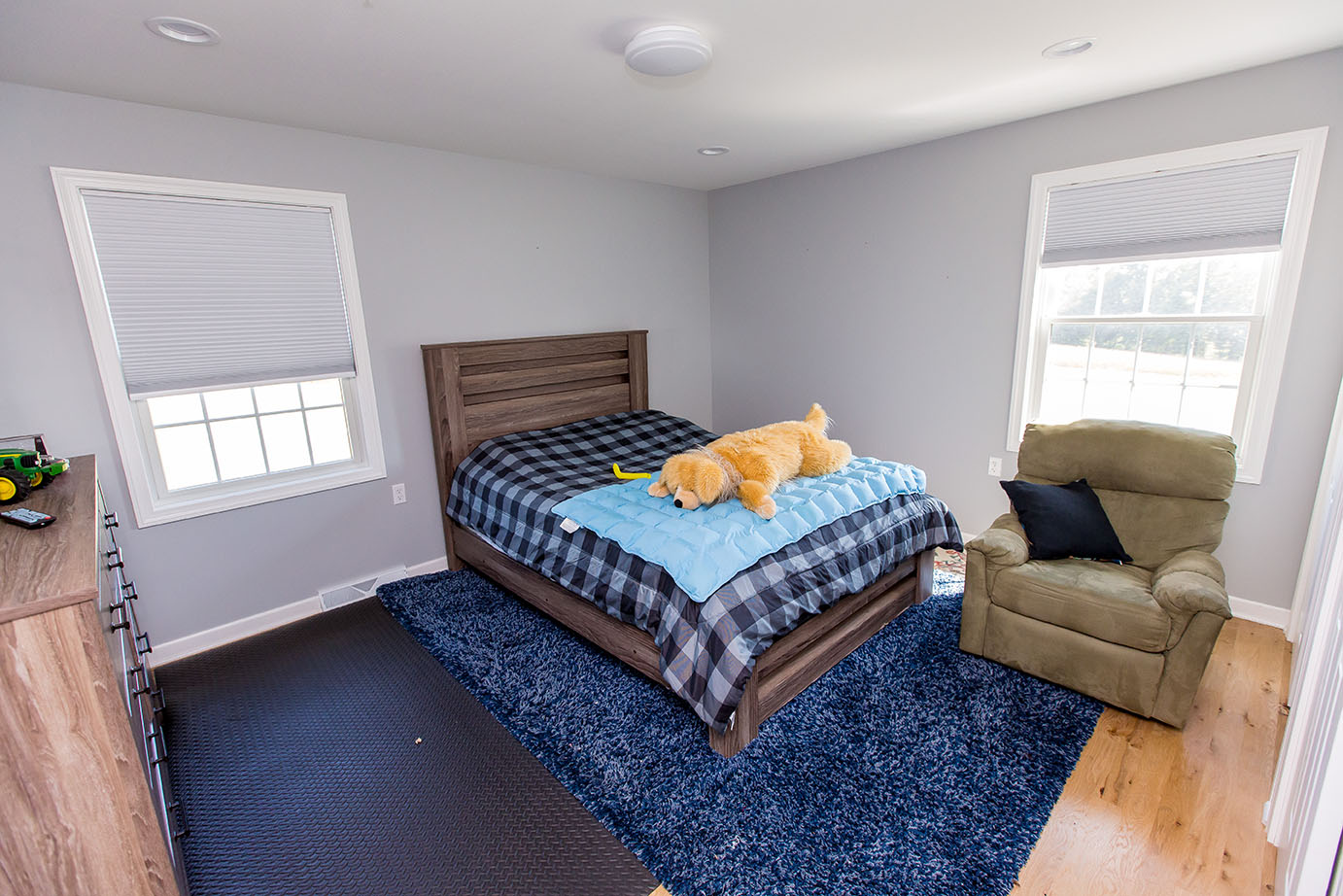
We are proud of the “homey” atmosphere in our group homes where our trained staff provide 24 – hour awake supervision to the residents in order to best meet their needs. Residents enjoy the opportunity to make their own choices and to participate in community life, while they receive health and safety oversight and training. Our staff implement service plans for each individual, assist them with daily living skills, and provide transportation and opportunities for social interaction and recreation. Additionally, nursing and/or behavioral supports are provided in our group homes based upon the needs of the individuals at each residence.
About Residential Habilitation Homes
Our Residential Habilitation services are direct and indirect services provided to individuals with intellectual disabilities who live in licensed provider owned, rented or leased residential homes. This service is built on the principle that every individual has the capacity to engage in lifelong learning. As such, through the provision of this service, individuals will acquire, maintain, or improve skills necessary to live in the community, to live more independently, and to participate meaningfully in community life.
The number of individuals residing in a home ranges from one individual to a maximum of 4 individuals. Supervision is provided 24 hours a day to meet the needs of the individuals. Staff ratios are determined by the needs and challenges of the residents in each home. In some situations, more than one staff person is on duty to provide the level of supervision and assistance needed for each individual residing in that home. Staff assist the individuals with daily living skills such as proper hygiene, appropriate social interaction, home care, money management, and recreation. Individual program plans and goals are developed with the participation of the individual, the support team, and the family to develop life goals that are meaning to the individual and meet their needs and desires in their life.
Our homes offer a comfortable, stable, supervised environment. All homes are inspected and licensed annually by the Department of Public Welfare, Western Region Office of Developmental Programs. Our Residential Habilitation Service provides the extra help and support needed by those who have an intellectual disability and various other challenges while still assisting each person to be as independent as possible. Medical needs are monitored by agency personnel consisting of trained Direct Care staff, a Residential Program Supervisor, a Health Services Coordinator and our nursing department.
Individuals have the opportunity to live in a home and be active members of their community. They are afforded the chance to have an “Every Day Life” experience, to choose what they want in life. They receive assistance as needed in developing the skills that will enhance this experience.
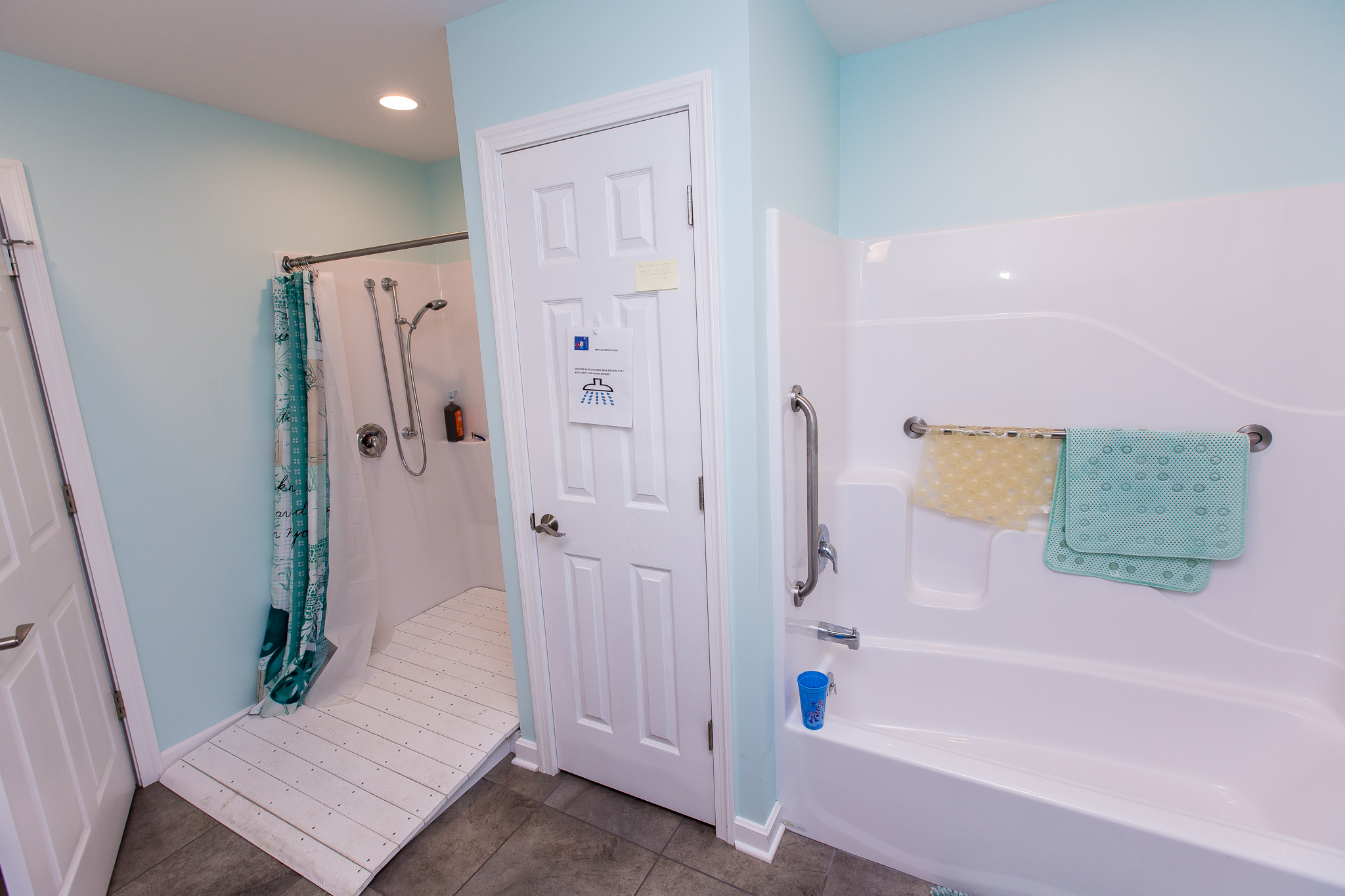
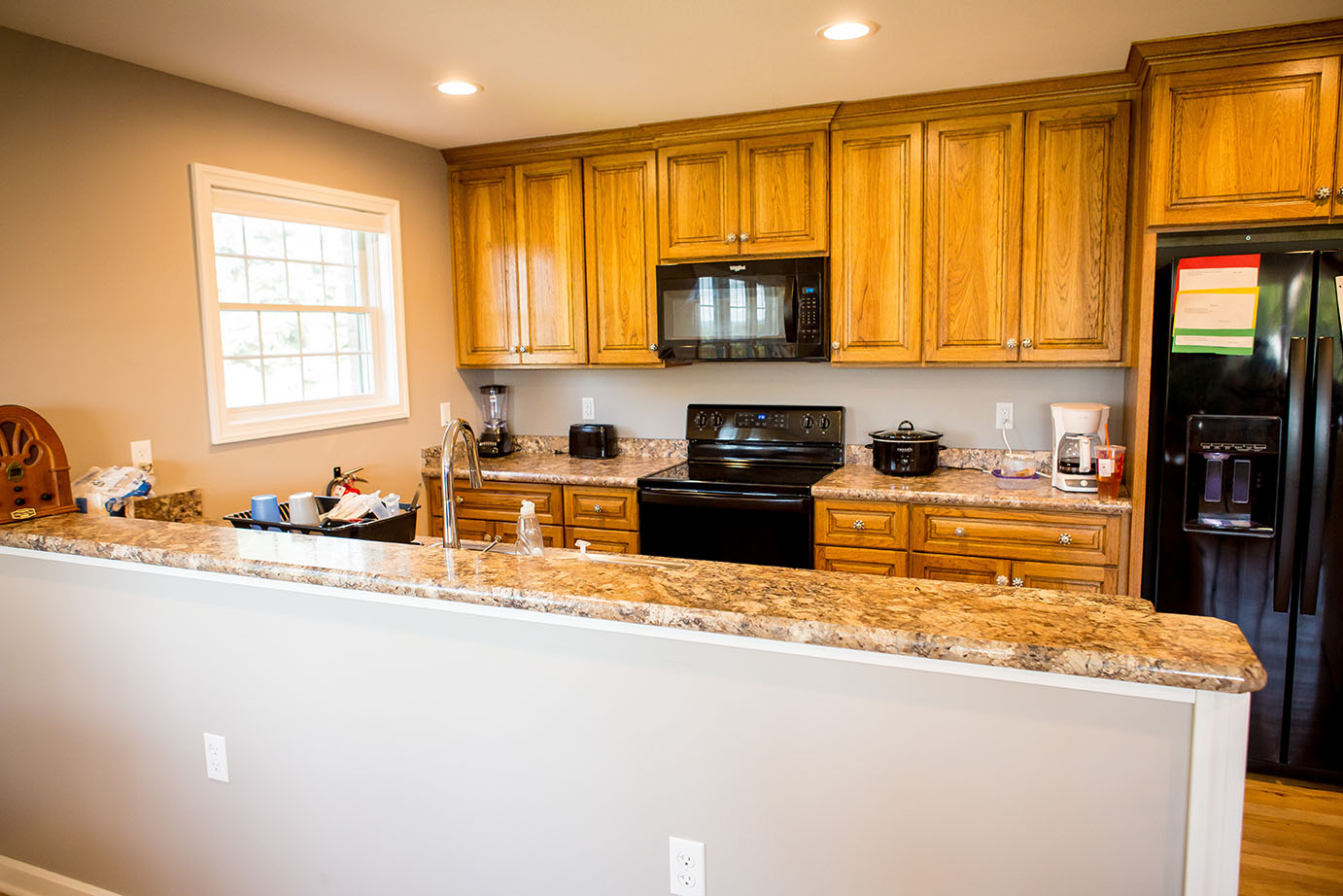
What is Lifesharing?
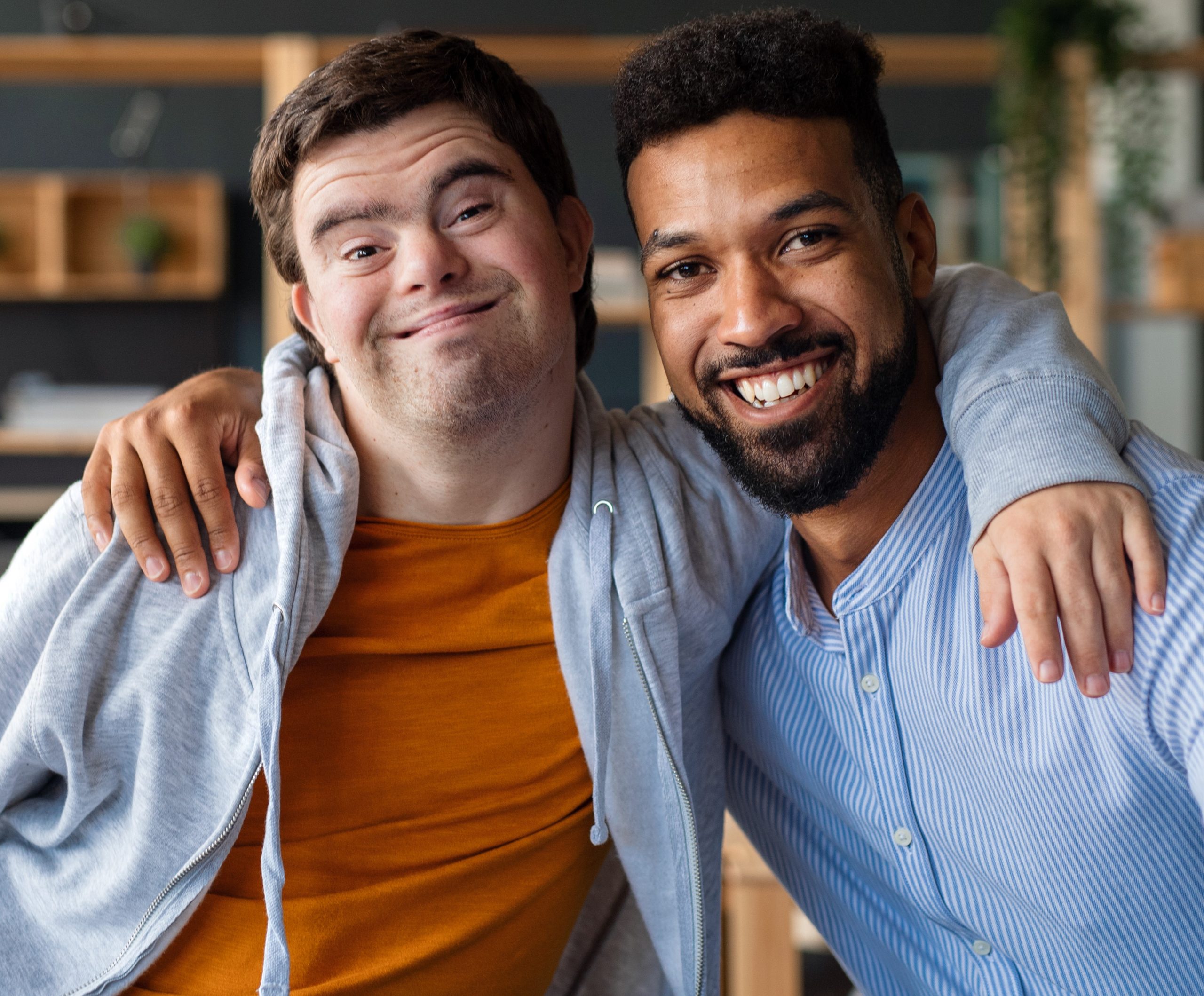
Lifesharing means living with and sharing life experiences with a supportive person or persons who form a caring household. Lifesharing is recognized as both a close personal relationship and a place to live. Lifesharers offer individuals the opportunity to be part of a family and to participate in community life.
- Lifesharing supports individuals with intellectual disabilities to live with qualified adults who provide support in their home. Up to two individuals with a disability can live in a Lifesharing home and be supported by ODP funding.
- Most Lifesharing homes are licensed and inspected to ensure the health and welfare of individuals being served.
- Lifesharers and individuals are carefully matched and supported by qualified professionals to achieve the individual’s program objectives.
- Individuals in Lifesharing have Residential Program Supervisors through the agency and Supports Coordinators through the County to monitor the quality of services on a regular basis.
About Lifesharing
This service is built on the principle that every individual has the capacity to engage in lifelong learning. As such, through the provision of this service, individuals will acquire, maintain, or improve skills necessary to live in the community, to live more independently, and to participate meaningfully in community life.
Individuals supported in Lifesharing include adults with a wide variety of needs and challenges. Individuals receive consistent individualized attention and support, develop trusting and caring relationships and become a contributing member of a family. Lifesharing enhances and enriches the lives of individuals by offering an alternative to traditional residential living.
Each family provides a loving, caring and sharing home for one individual. Each family and the individual who lives with them as part of their family have been such great matches. All of our lifesharing homes are licensed by the Office of Developmental Programs and go through the inspection process annually.
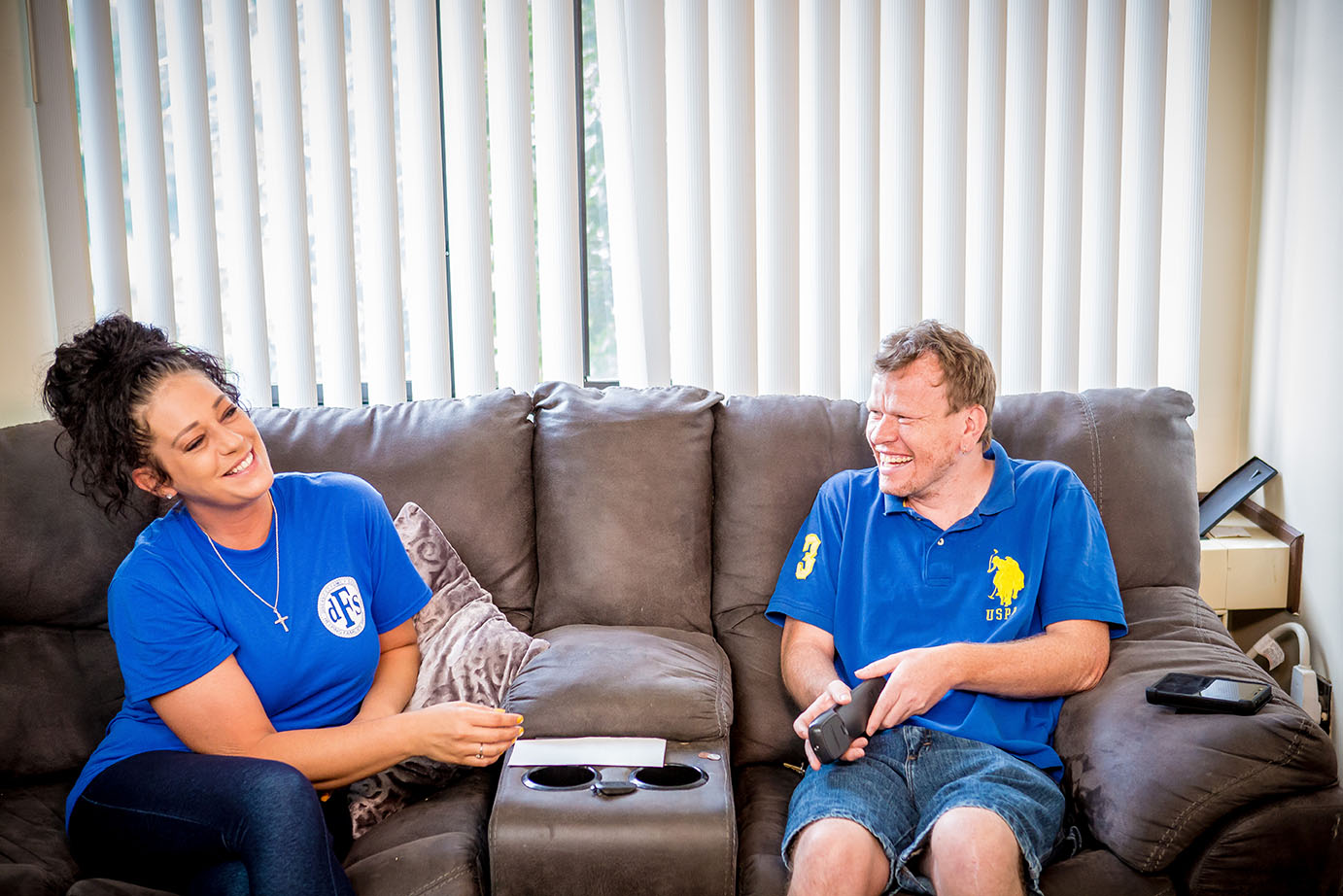
Providers
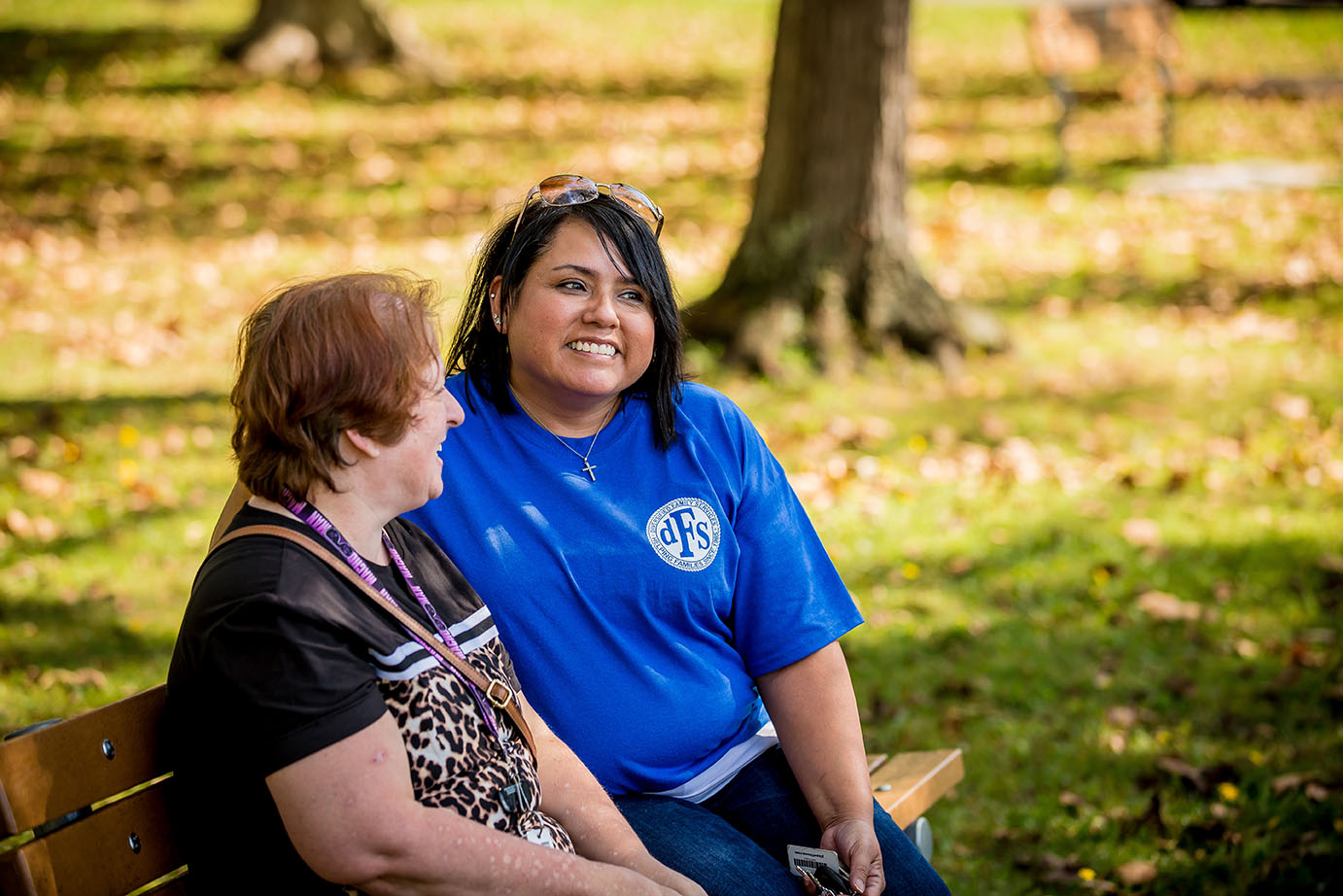
If you are interested in becoming a Lifesharing Provider, pre-qualify with our
application form below.
The Life Sharing provider must provide the level of services necessary to enable the participant to meet habilitation outcomes. This includes ensuring assistance, support and will be provided as needed to enable the participant to:
- Carry out activities of daily living such as personal grooming and hygiene, dressing, making meals and maintaining a clean environment.
- Learn and develop practices that promote good health and wellness such as nutritious meal planning, regular exercise, carrying through prescribed therapies and exercises, awareness and avoidance of risk including environmental risks, exploitation or abuse; responding to emergencies in the home and community such as fire or injury; knowing how and when to seek assistance.
- Manage or participate in the management of his or her medical care including scheduling and attending medical appointments, filling prescriptions and self-administration of medications, and keeping health logs and records.
- Communicate with providers, caregivers, family members, friends and others face-to-face and through the use of the telephone, correspondence, the internet, and social media. The service may require knowledge and use of sign language or interpretation for individuals whose primary language is not English.
- Develop personal interests, such as hobbies, appreciation of music, and other experiences the individual enjoys or may wish to discover.
